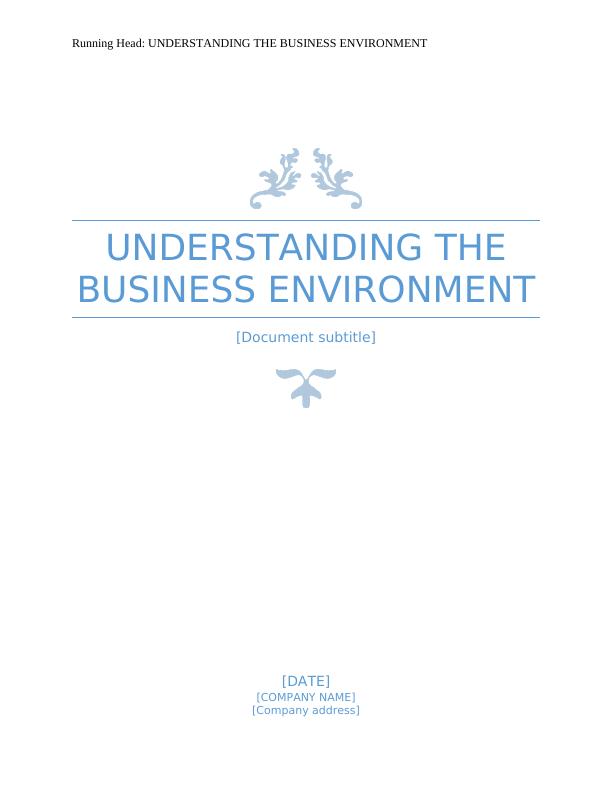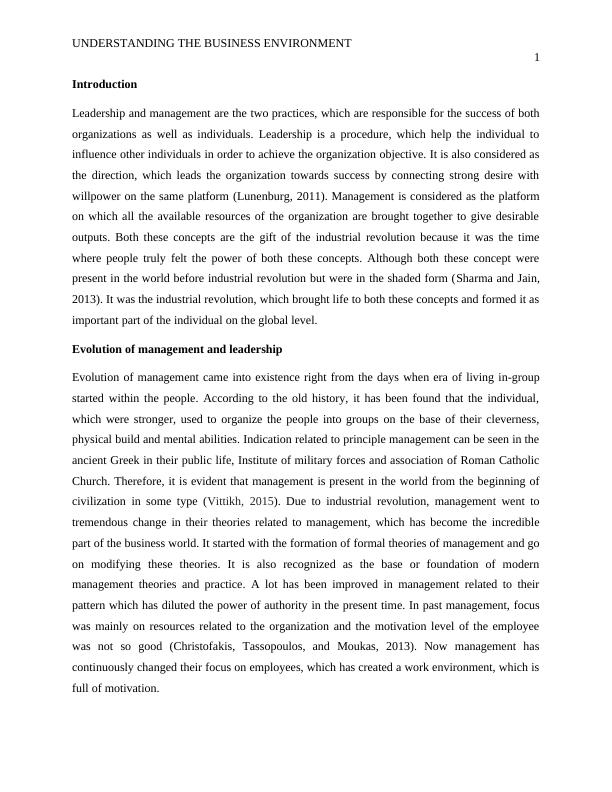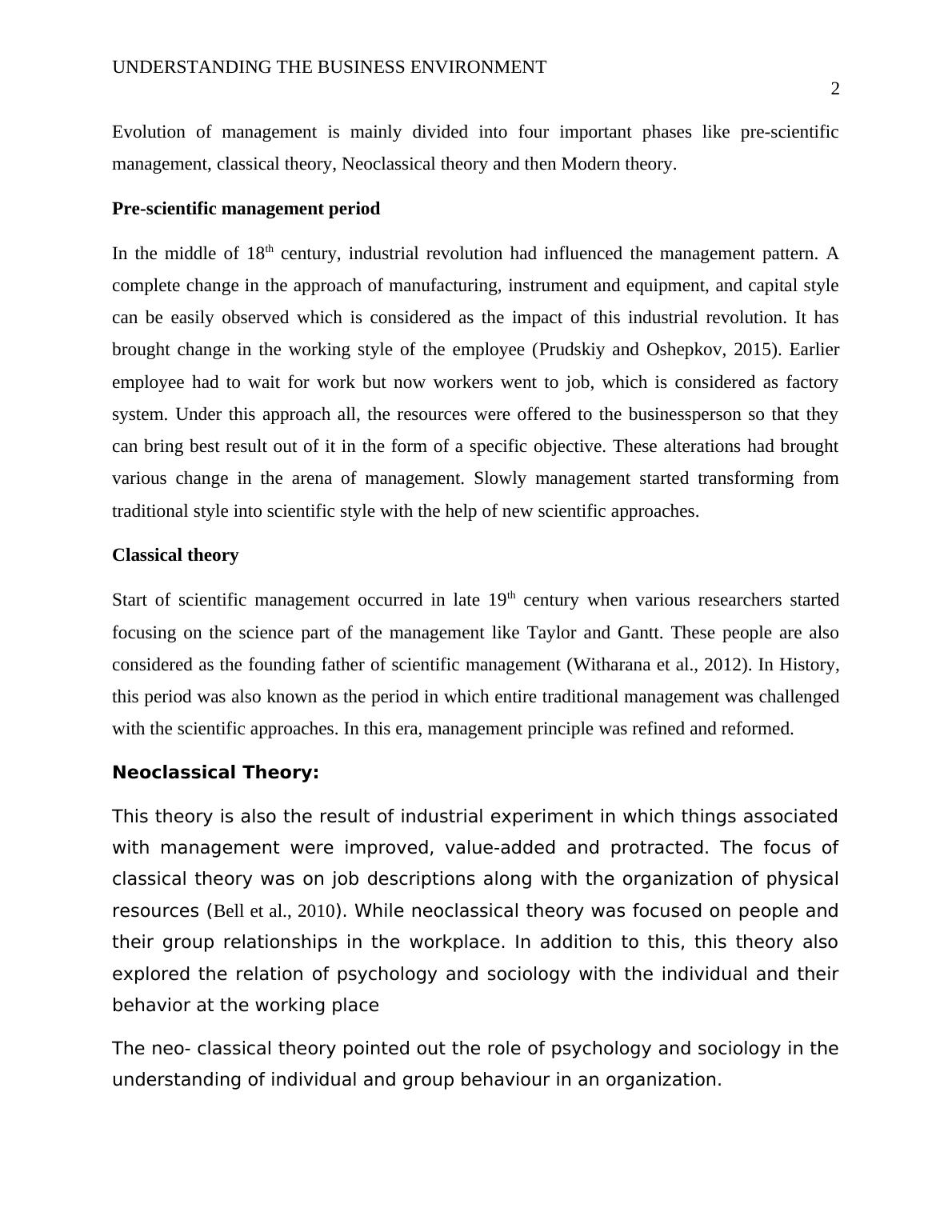Understanding the Business Environment
Write an academic essay on one of the two given topics: 1. The concepts of management and leadership have evolved since the industrial era. Discuss the nature of this evolution, why we have seen a change and what current research suggests is the future for management and leadership. Or: 2. Managing change and helping employees remain motivated during periods of significant organizational change and transition commonly are tasks the more HRM areas are asked to either advise or take a lead on. Discuss the key tasks and challenges and explain if this is something that HRM should have a role in.
Added on 2022-12-05
About This Document
Understanding the Business Environment
Write an academic essay on one of the two given topics: 1. The concepts of management and leadership have evolved since the industrial era. Discuss the nature of this evolution, why we have seen a change and what current research suggests is the future for management and leadership. Or: 2. Managing change and helping employees remain motivated during periods of significant organizational change and transition commonly are tasks the more HRM areas are asked to either advise or take a lead on. Discuss the key tasks and challenges and explain if this is something that HRM should have a role in.
Added on 2022-12-05
End of preview
Want to access all the pages? Upload your documents or become a member.



